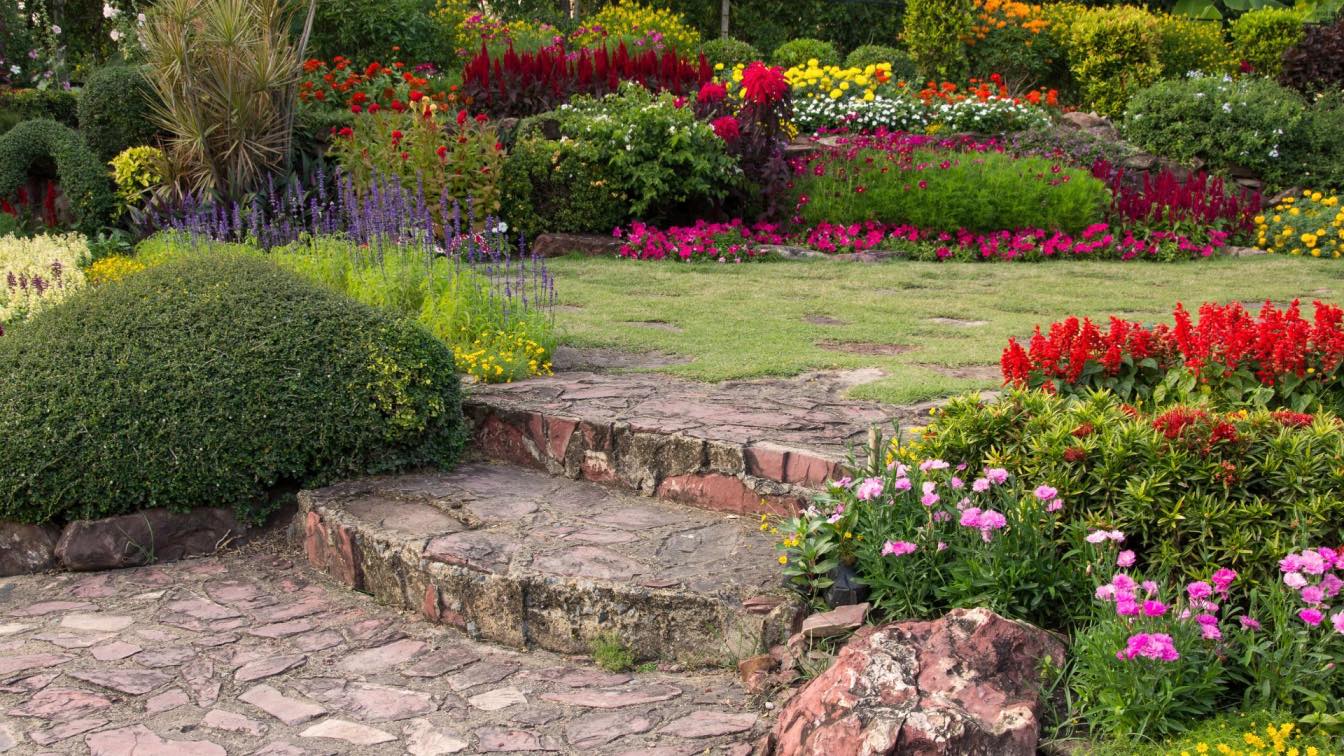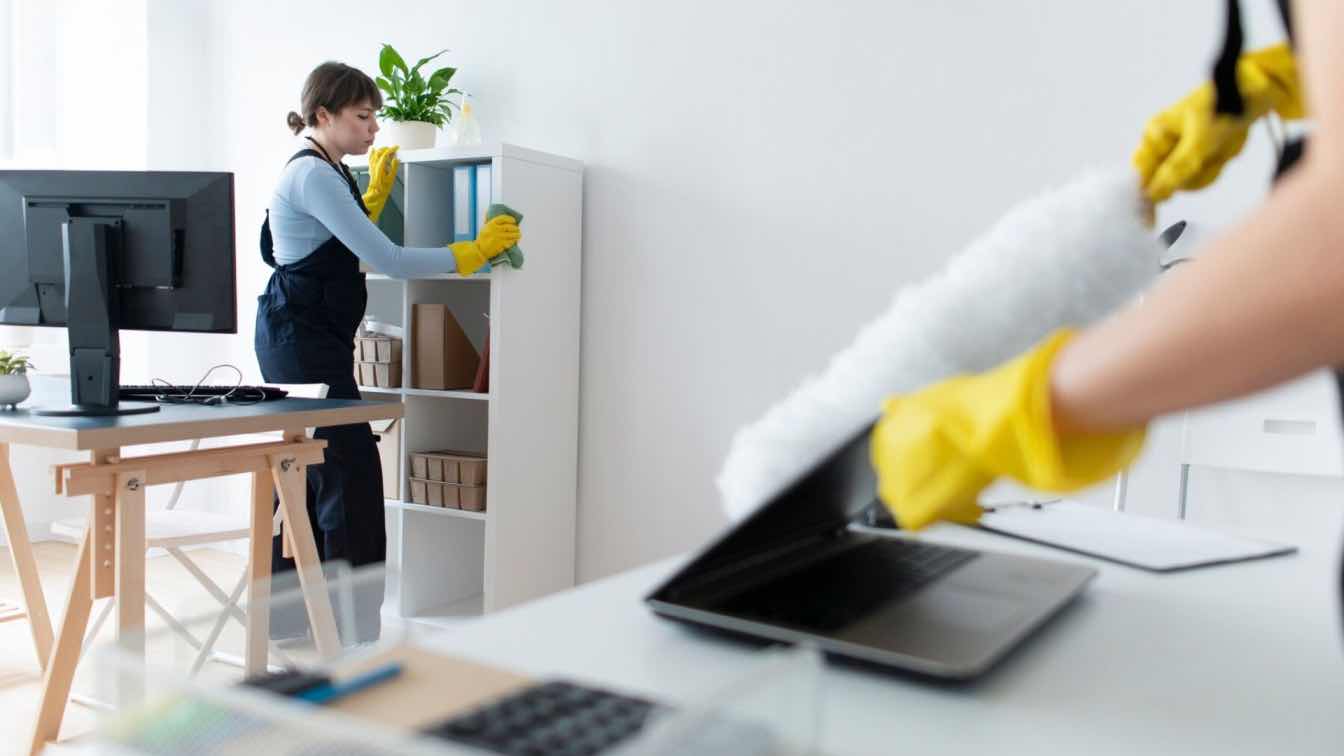Gardening is a great way to bring beauty and life into your home–whether you’re growing vegetables or flowers–creating an outdoor oasis can be both satisfying and peaceful. But it takes more than just planting the seeds to keep your garden looking its best; maintaining a healthy garden requires regular care and attention.
From choosing the right plants for your climate to proper pruning techniques, there are many tips you should follow if you want your garden to thrive this season.
Here are several top pieces of advice on how to maintain a garden that will help ensure success in all of your gardening endeavors.
Consider the climate
When selecting plants for your garden, it is important to take into account the local climate and weather conditions. Different types of vegetation have different needs in terms of soil, water, and sunlight; it’s best to pick species that will do well in your area, so you don’t end up with wilting plants or overgrown foliage.
If you live in a dry area, choose plants that are native to your climate and that require minimal water–like cacti or succulents–rather than ones that need more water. On the other hand, if you live in a humid place, avoid species like azaleas and hydrangeas which can become prone to fungal diseases.
Take Layout Into Consideration
When planning your garden, consider the size and shape of the space you have to work with. If your garden is small, use tall plants and hanging baskets to add a vertical element; for larger gardens, try incorporating different levels, such as raised beds or terraces.
If you want to widen the garden space but have tall trees or shrubs blocking the sun, consider pruning them to allow more light in. You can also search for "emergency tree removal near me" if you're dealing with old or dead trees. These can be safety hazards and need to be taken care of ASAP.
Finally, if you’re planting vegetables in one area of your garden, make sure to place them in a spot that gets plenty of sunshine throughout the day.
Use Proper Fertilization Techniques
Fertilizing your plants is essential for keeping them healthy–but it’s important to do it the right way. Over-fertilizing can lead to salt buildup in the soil and burn your plants, so make sure to use a balanced fertilizer, and apply it in the morning or evening when temperatures are cooler to prevent leaf burning.
Additionally, you may want to consider adding organic matter like compost or leaf litter to your soil; this will help improve the structure and fertility of your soil. There are many types of fertilizer available, so do some research to find out which one is best for your particular type of plant.
Keep Weeds Under Control
Weeds are annoying and can quickly take over a garden if not managed properly. The best way to keep weeds in check is by tackling them early on before they have a chance to spread. Pulling them out by hand is usually the best approach, but you can also use an organic herbicide or mulch to help prevent their growth.
On the other hand, if you're dealing with stubborn weeds that are hard to get rid of, you may want to consider hiring a professional to help.
Aerate the Soil
Aerating your soil helps keep it oxygenated and healthy, which is essential for growing strong plants. If your garden has heavy clay soils or areas where water tends to pool, you should consider aerating the soil. You can do this with a garden fork or an aeration machine.
Additionally, adding organic matter to the soil is important; this will improve drainage and make it easier for plants to take up nutrients.
Debug Your Garden
Pests can be a real nuisance in the garden–they not only eat your plants but also spread diseases that can quickly take over an entire crop. To keep bugs away, use natural solutions like neem oil or insecticidal soap.
You can also make your pest repellant by mixing garlic, onion, and hot peppers into a spray bottle of water and spraying it directly onto the affected plants. Additionally, planting companion plants like basil or lavender near susceptible plants can help keep the bugs away.
By following the tips outlined in this article, you can maintain a healthy and beautiful garden. From choosing plants best suited for your climate to regularly aerating the soil and debugging your plants, there are plenty of ways to ensure that your outdoor space looks its best all year round. With some dedication and hard work, you’ll be able to create an amazing oasis in no time!





